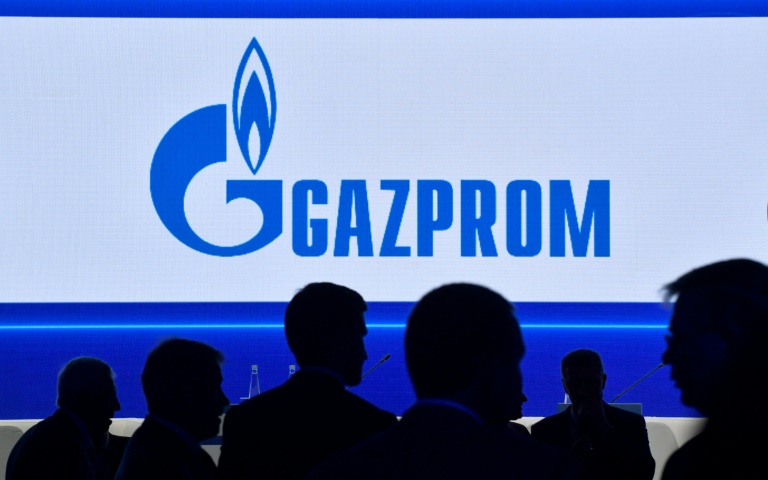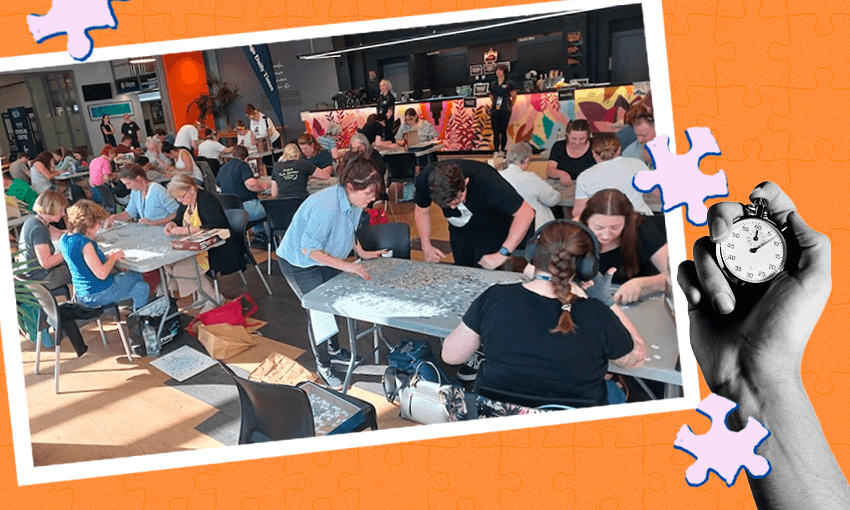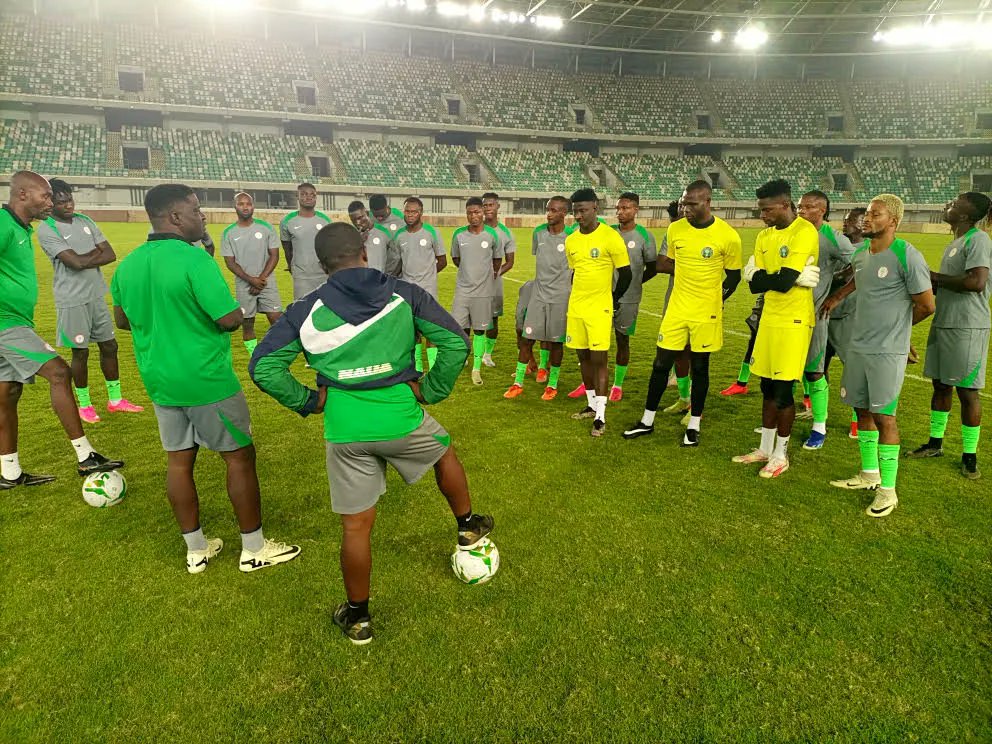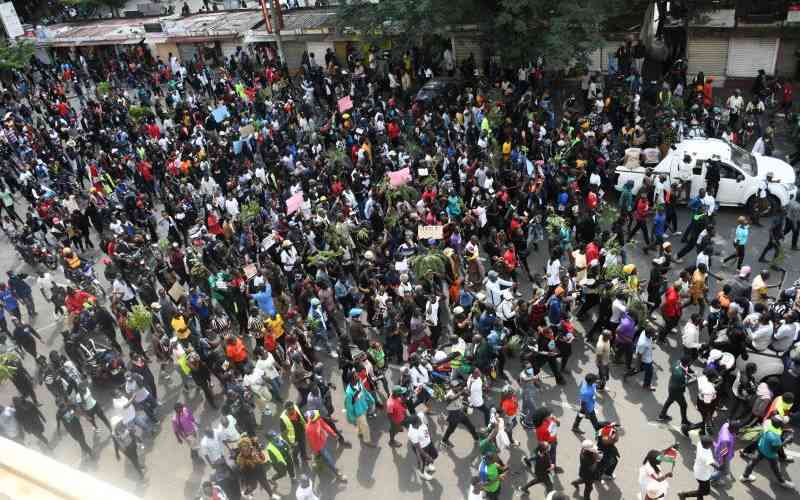EU signs deal with Ukraine for further €500m in aid
Ukraine and the EU have signed a deal to release a further €500m (£431m) in planned aid, aimed at supporting housing, education and agriculture.
The European Commission announced the package as senior officials hosted a meeting in Brussels with Ukraine’s prime minister, Denys Shmyhal.
#Ukraine and the #EU signed 5 agreements – participation in “Digital Europe” program, cooperation in customs & tax sphere, €500 million of budget support, increasing grants budget for 🇺🇦 by €122 million.
Agreements bring us closer to the #EU, contribute to 🇺🇦 sustainability. pic.twitter.com/dQFtle5GbX— Denys Shmyhal (@Denys_Shmyhal) September 5, 2022
In addition to the latest aid package, Ukraine will also be able to apply to the EU digital economy fund to develop hi-tech training and industry.
The meeting today in Brussels will be the first since Ukraine was accepted as a formal candidate to join the EU. It was chaired by the bloc’s foreign policy chief, Josep Borrell, and enlargement commissioner Olivér Várhelyi.
Warmly welcome PM @Denys_Shmyhal on his 1st visit to Brussels since the start of Russia’s brutal invasion of #Ukraine.
His presence & the holding of the Association Council
are yet another proof of Ukraine’s resilience and bravery.We will continue supporting Ukraine’s EU path. pic.twitter.com/Kh9scYektY
— Josep Borrell Fontelles (@JosepBorrellF) September 5, 2022
Key events
The Guardian’s Moscow correspondent, Andrew Roth, has been covering the sentencing of the journalist Ivan Safronov to 22 years in prison for treason.
Journalists were seen crying and hugging each other on the streets outside the courtroom following the verdict.
A lot of journalists covering this verdict. Have seen a number crying, hugging on the street. On way out of court, one report asking another about a detail of the sentence: “I don’t know. I heard 22 years and I stopped fucking listening.” pic.twitter.com/6FIVJSB5VU
— Andrew Roth (@Andrew__Roth) September 5, 2022
Speaking outside the courtroom, Safronov’s lawyer Dmitry Katchev said he was almost lost for words at the ruling.
Katchev told reporters:
Safronov was given 22 years for his journalistic activity. I want each of you, who are looking at me now, to think whether it is worth staying in this profession. If somebody was given 22 years for doing his job.
Safronov, a former military correspondent for Kommersant and Vedomosti, was found guilty in the Moscow court of treason charges that have been prosecuted with secret evidence behind closed doors.
Have never seen a Russian judge give a 22 year sentence. And because the evidence was secret, the hearing was incredibly quick. Defendant comes in. Here’s 22 years. Case closed. Never seen anything like it.
— Andrew Roth (@Andrew__Roth) September 5, 2022
Many will see today’s ruling as an enormous blow to media freedom in Russia, as it comes on the same day that a Moscow court stripped Novaya Gazeta of its print media licence, effectively banning the newspaper from operating inside the country.
Boris Johnson thanked Volodymyr Zelenskiy for his “leadership and friendship” during a phone call this afternoon, Downing Street has said.
A spokesperson for the prime minister said:
The prime minister made clear that he believed President Zelenskiy and his people can and will win the war in Ukraine.
President Zelenskiy thanked the prime minister for believing in Ukraine and his people and updated on the recent progress of his armed forces in the south of the country.
Johnson said he was “convinced” Ukraine’s forces could “continue to succeed in pushing back Russian forces” and that the UK “remains steadfast in its support”, Downing Street said.
The spokesperson added:
The prime minister told President Zelenskiy it had been a privilege to work with him and support him and the leaders agreed to stay in close touch as friends.
White House accuses Russia of ‘using energy as a weapon’
The White House has accused Russia of using energy as a weapon after it stopped the supply of gas through Nord Stream 1.
“Russia is using energy as a weapon and it is choosing to shut down the pipeline,” a US official said.
“The US and Europe have been collaborating to ensure sufficient supplies are available. As a result of these efforts, European gas storage will be full by the critical winter heating season. We have more work to do.”
Zelenskiy thanks Boris Johnson whom he says will remain ‘a great friend of Ukraine’
Volodymyr Zelenskiy has thanked outgoing British prime minister Boris Johnson for his “personal bravery and principles” in response to Russia and said that he would remain “a great friend of Ukraine”.
The Ukrainian president had a “summing up conversation” with Johnson, he wrote on Twitter:
Had a summing up conversation with @BorisJohnson in his current capacity. On behalf of all 🇺🇦 people, I thanked him for his personal bravery, principles & a major contribution to countering RF’s aggression. I look forward to cooperation with a great friend of 🇺🇦 in a new status.
— Володимир Зеленський (@ZelenskyyUa) September 5, 2022
Isobel Koshiw
Russian-appointed officials in the occupied Kherson region of Ukraine say they are “pausing” a planned referendum on whether to become part of Russia due to attacks by Ukrainian forces.
Ukraine last week said it had launched offensives in several directions in the southern region but has since released few details and continues to insist on a “regime of silence” for strategic reasons.
The Russian state news agency TASS reported that the head of Kherson’s authorities, Kirill Stremousov, said plans for a referendum on joining Russia had been “paused” due to the security situation.
Stremousov told TASS that attacks on the Antonivskiy Bridge in Kherson city by Ukrainian forces had stopped traffic from crossing the Dnipro River, which links the two sides of the region.
In the conference, Josep Borrell, the EU foreign policy chief, congratulated Liz Truss for her “clear victory” and wished her the best as Britain’s new leader – but said he was not expecting the UK to return to the EU any time soon.
A press conference with Ukraine’s prime minister, Denys Shmyhal, and EU foreign policy chief, Josep Borrell is under way in Brussels.
Russian journalist Safronov sentenced to 22 years in prison for treason
A Russian court has sentenced the journalist Ivan Safronov to 22 years in a penal colony after finding him guilty of treason, in one of the most significant prosecutions against a Russian journalist in decades.
Safronov, a former military correspondent for Kommersant and Vedomosti, was arrested in 2020 and accused of disclosing classified information.
His lawyers told the RIA Novosti news agency they will appeal the verdict.
My colleague Andrew Roth is in court covering Safronov’s ruling:
Sentence is being read by head of panel of three judges. Safronov is standing in glass-box staring straight ahead. Supporters yelling “Vanya we love you.” Photo and video banned in the courtroom. It’s the same one where Alexei Navalny was sentenced to prison.
— Andrew Roth (@Andrew__Roth) September 5, 2022
“The sentence doesn’t matter! You’ll get out sooner!” yells one supporter. “We love you!” yell others. Ivan Safronov stands in a vest and grey t-shirt and sweatpants, handcuffed as he is led from the courtroom. “I love you all too, he yells back.
— Andrew Roth (@Andrew__Roth) September 5, 2022
Photo of Ivan Safronov in court today published by group of his supporters. He received 22 years in prison today on trumped-up treason charges for his work as a journalist. He was handcuffed as he heard the sentence. pic.twitter.com/KRTgQTcCbY
— Andrew Roth (@Andrew__Roth) September 5, 2022
French president, Emmanuel Macron, has spoken with Volodymyr Zelenskiy in a “substantive” phone call to discuss the situation on the frontline and to coordinate further defence support from France, the Ukrainian leader said.
The talks between the two leaders took more than an hour and a half, according to Zelenskiy.
Held substantive, more than 1.5 hour-long talks with 🇫🇷 President @EmmanuelMacron. Told him about the situation at the front & the course of countering RF’s aggression. Coordinated further defense support from 🇫🇷. Exchanged assessments of the results of the IAEA mission to #ZNPP
— Володимир Зеленський (@ZelenskyyUa) September 5, 2022
Following the call, Macron said the only way to restore security at the Russian-occupied Zaporizhzhia nuclear power plant in Ukraine was via withdrawal of Russian troops, the Élysée palace said in a statement.


The Kremlin has warned that Russia will not resume gas supplies to Europe until western sanctions are lifted, blaming the “collective west” for its decision to shut down flows through the Nord Stream 1 pipeline.
Kremlin spokesperson Dmitry Peskov was cited earlier today by the Interfax news agency as saying:
The problems pumping gas came about because of the sanctions western countries introduced against our country and several companies. There are no other reasons that could have caused this pumping problem.
Peskov’s comments mark Moscow’s clearest demand to date that the EU roll back its sanctions in exchange for Russia resuming gas deliveries to the continent.
But the Guardian’s Moscow correspondent, Andrew Roth, points out that Peskov did leave some wiggle room.
Kremlin threatening an indefinite ban on gas deliveries via Nordstream until western sanctions are lifted. Would be a massive decision. Peskov leaves a bit of wiggle room though, here are longer quotes via Interfax pic.twitter.com/DjURDPpd4c
— Andrew Roth (@Andrew__Roth) September 5, 2022





















Discussion about this post